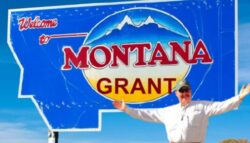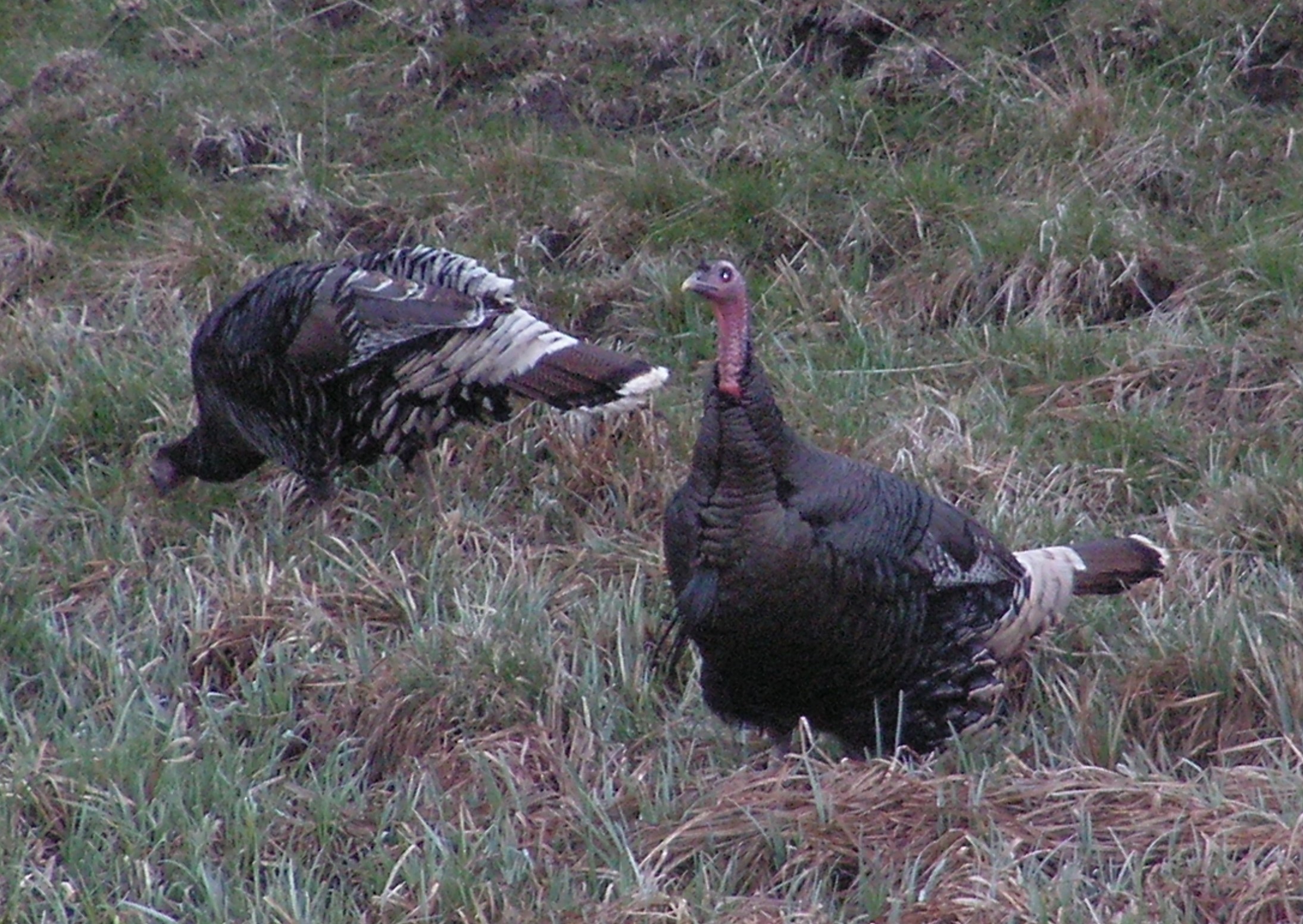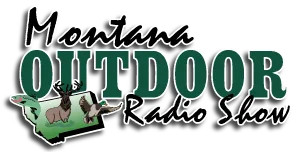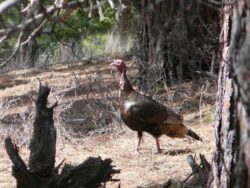
The American Wild Turkey is an amazing critter. Ben Franklin wanted to make the turkey our National Bird. No other bird is quite like the smart and beautiful Wild Turkey.
Some folks put turkeys down. If they call someone a “Turkey” its because they are unusual or weird. That may not be too far from the truth. Turkeys are different. Those that hunt wild turkeys find them to be challenging and formidable game birds.
Don’t mistake a Domestic Turkey for Wild Turkeys. There is little to compare. Store bought Butterballs can barely fly, let alone survive in an environment where predators abound. Wild Turkeys have great hearing, sight, and smarts. They are tough to hunt or sneak up on.
Wild Turkeys are found in all 50 states. They were not always native to these states but have been introduced. There are several different species of this great bird. Each is adapted to live in a different ecosystem.
When Europeans first arrived in North America, Turkeys were abundant. The mature forests were open so these birds could see a long way. Tall trees meant safe roosts. Mature trees also supplied mast crops for food. The birds and their eggs were used for food year around. There were no turkey seasons, and soon the number of turkeys declined.
During the 20th Century, regulations, seasonal hunting, and habitat management brought back the turkey populations. Population density has varied annually due to weather and other changes in habitat. The bird flu has not helped.
Currently we are seeing a Turkey Drop Off in several southern states. Alabama, Arkansas, Georgis, Louisiana, and Oklahoma have shown the sharpest decreases. These states were also some of the best Turkey hunting areas in the nation.
There is a different trend going on in the Northeast US. Populations are slowly increasing but still not near historic levels. Wildlife ecologists have also determined that in general, eastern states have seen an annual decline of about 9% each season.
Many factors are at play.
Development is destroying wild open places. Fewer mature trees, more homes, buildings, roads, and open lands mean less places for turkey s to live. Mowed lawns and fields offer no food or cover. These landscapes are not suitable for Wild Turkeys or many other wild critters.
Fewer Turkeys survive until adulthood. Feral dogs and cats devastate young birds. Owls, hawks, and other raptors feast on turkeys. The explosion of Coyotes is also making turkey populations decline.
Fewer Public Lands. Public lands are managed by trained biologists whereas private lands are not. Inconsistent management means fewer birds. If a private landowner finds turkeys to be noisy, messy, and pests, they simply eliminate what turkeys need or eradicate them.
Grasslands and Open forests are declining. These premier habitats are being removed. Mature trees are cut down and grasslands are plowed and managed for crops rather than a blend of native plants and grasses. The turkey habitats are changing. Wild Birds can survive in these lesser habitats, but they do not thrive.
Foods have changed. Back in the Turkey heydays, acorns and nots were a prime food source. The forests were full of chestnuts, oaks, and other nutrient full food. Today, seasonal insects are a primary food. Grasshoppers and seasonal plants also help. These foods are not found in the winter. Chestnut trees are gone due to a blight. Oak trees have been devastated due to caterpillars, and other foods have also declined when farmers and landowners apply insecticides.
Hunting Pressure. Hunting Wild Turkeys has become more popular. Surprisingly, the numbers of birds being tagged have remained about the same. Hunters’ dollars are one of the primary funding sources helping turkeys to survive. If hunting has an adverse effect on turkey populations, limits and length of seasons can be modified.
Sadly, if we look at most of our wild birds, mammals, birds, and critters, all seem to be declining to some degree. As humans’ populations grow, they Gobble up our wild places with homes and more development. Unless the population of people levels out, we will continue to see all our wildlife decline. Earth is only so big.
Nature knows best!
Montana Grant
